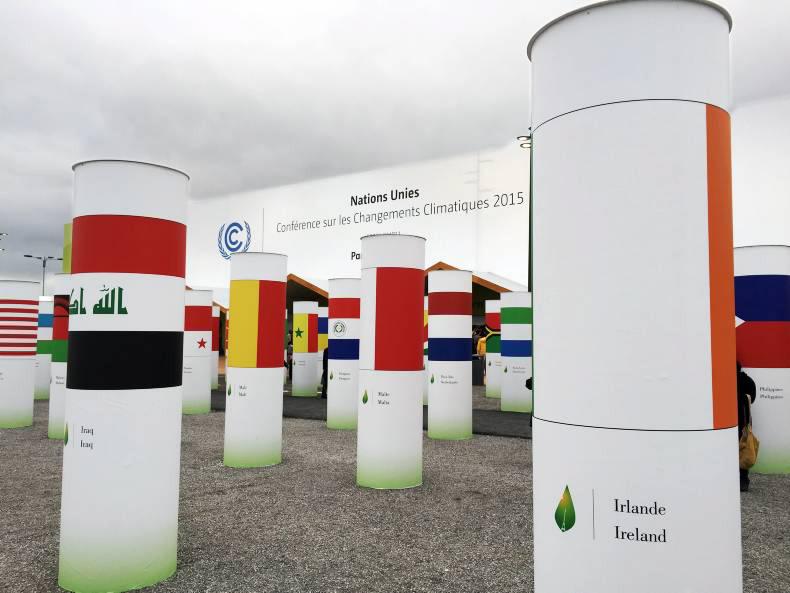Coghlan, director of the nature conservation group Friends of the Earth Ireland, is in Paris to monitor the global summit on climate change.
He told the Irish Farmers Journal that it was in the interest of Ireland and its farming sector to do its “fair share” to cut greenhouse gas emissions and offset them with activities such as forestry. This is despite the prospect of a weak agreement in Paris that may not constitute a strong enough commitment to contain global warming.
Instead, he said the Irish government was trying to get out of commitments against climate change. “Our objection is to the way Ireland is going about its discussions, which is to say: ‘We’re a special case, we shouldn’t have to act because we depend on agriculture’, Coghlan said. “The problem with that is that everybody has some special industry, some special case they’ll need to make.”
According to him, this is an inefficient negotiating position for Ireland ahead of talks due to share climate action efforts between EU member states next year.
“We’re going to get pushed back by the European Commission and by the other member states because of the way we’re coming across as special pleading,” he said.
Listen to the full interview with Oisín Coghlan in the podcast below:
Coghlan said Irish negotiators should push for other solutions, such as a European scheme that would allow Irish food to compete with that from other countries on the basis of its measured carbon footprint, or mechanisms to offset emissions from agriculture with more trees or bog restoration. He also mentioned solar energy and anaerobic digestion of slurry, which could be developed in rural Ireland.
Coghlan said he could see promising initiatives to support such efforts developing in the Irish agri-food sector, such as carbon footprinting down to farm level along the supply chains of major food processors such as Diageo or Glanbia.
While he questioned national plans to increase food exports on a large scale, he added that combating climate change should not necessarily result in a decrease in Ireland’s agricultural production, as sometimes feared when quotas on emissions from livestock are discussed.






 This is a subscriber-only article
This is a subscriber-only article










SHARING OPTIONS: